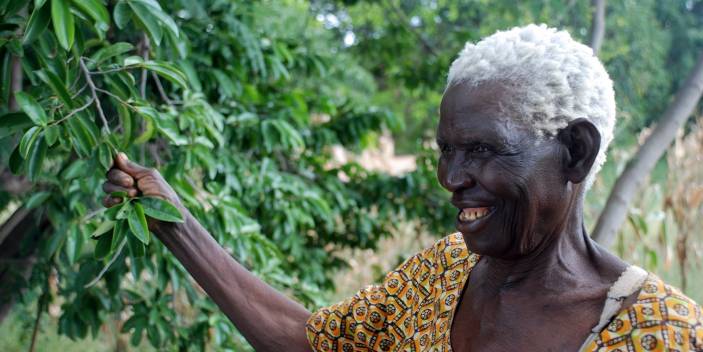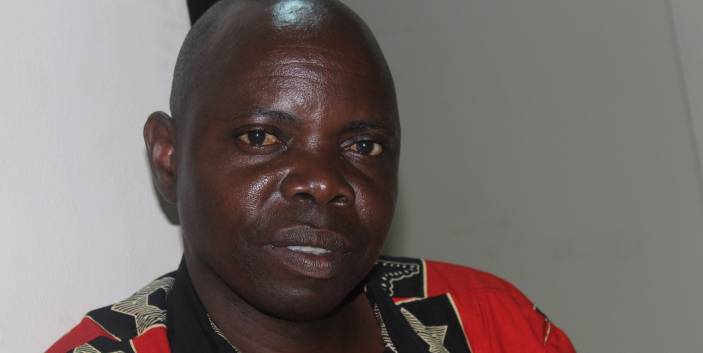
In Tanzania, HelpAge International has done some great media relations work bringing together journalists to form a network focused on older people’s issues that I hope can be emulated across the region and further afield.
Reporters were gathered from all regions, provinces and districts of Tanzania for a workshop that built their capacity to understand issues related to older people, giving them the opportunity to discuss the concerns of older people and consider how to get them on the national agenda.
“The two days of training has shaken off scales from our eyes and we have realised that we have done injustice to older persons by neglecting this key segment of our society,” confessed, Wilson Elisha, a journalist at Star TV based in the north-east of Tanzania and one of the 30 people who attended the workshop.
The training aimed to increase and strengthen awareness among media personnel on key isses affecting older people related to healthcare, social protection and security, to broaden media understanding of the importance of reporting on these issues, and to work out how best the media could cover thematic areas related to them.
The impact was immediate. Eleven attendees had articles published or broadcasted by their media houses within the first day of the training.
Beyond “witchcraft”
Reporters are not completely unaware of the issues older people face, according to Wilson, but the knowledge is largely restricted to allegations of “witchcraft”.
While this is obviously a major concern for Tanzanian society – a study by HelpAge revealed that around 600 suspected “witches”, who are usually older men and women, are murdered each year. Yet older people’s issues are much deeper than these headline-grabbing stories.
Deo Mushi, a senior editor with the state-owned Daily News, concurs. He said media personnel do not have adequate knowledge of the policies, rights, services and guidelines that affect older people.
How get older people on the agenda
To improve coverage, Deo suggests there should be awards for journalism focused on older people, as well as a network for media personnel who report on issues related to ageing. There should be adequate funds made available for empowering journalists, and regular feedback meetings and workshops can help to improve the quality of the work.
The journalists at the workshop did not take long to act on the network idea – teaming up straight away to form Tanzania Wazee Media Network. Wazee is a Swahili word meaning “older people”.

To help facilitate their work, the network plans to establish a blog that will act as a forum for thoughts, tips for stories and lessons learned, as well as a clearing house for journalists to submit unpublished articles that their colleagues can put forward at their own publication.
Journalists will begin actively participating in events related to older people’s issues and working closely with older people’s community-based organisations to develop high quality content.
Already, members of the network from Songea in southern Tanzania have successfully set up a blog to talk about older people. It is hoped that when the national platform begins, there be a similar initiative established.
The network is striving to open chapters in all regions of Tanzania, and will vigorously aim to recruit other members.
The journalists are committed to changing the thinking, attitudes and perspectives of Tanzanian communities towards older people that leads to their marginalisation and even murder.
Find out more:
- Explore our work in Tanzania.
- Read about women’s rights and witchcraft in Tanzania.
